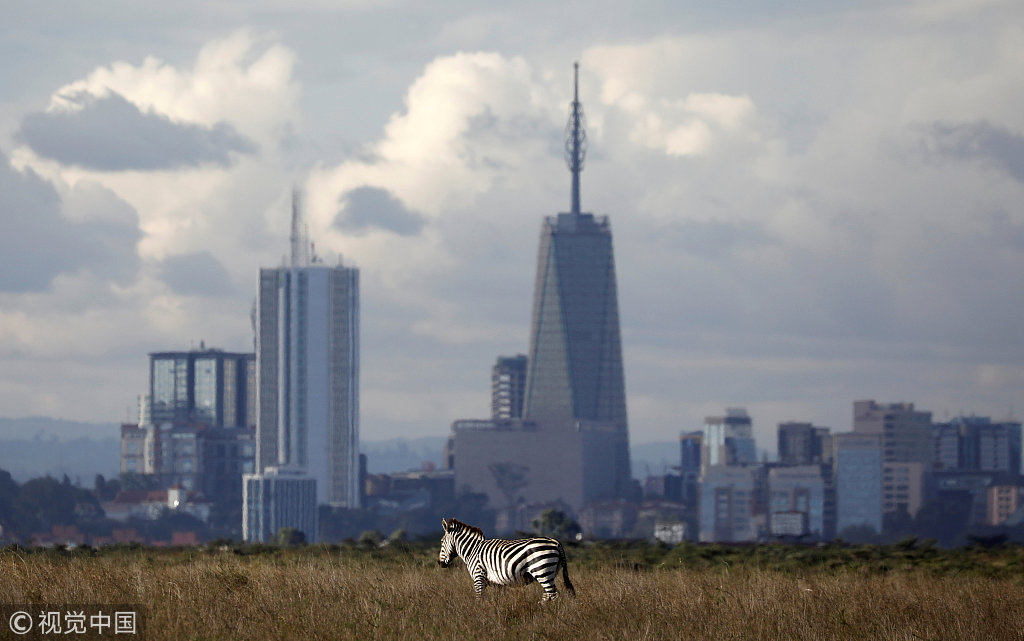Weak supply chains hamper expansion of Chinese businesses in East Africa
By Lucie Morangi in Nairobi, Kenya | China Daily | Updated: 2019-09-09 10:36

Chinese private investors in Kenya and Tanzania say poor supply linkages are the biggest hindrance to their businesses, discouraging them from upgrading their ventures into more sophisticated production activities, according to a new paper from the China Africa Research Initiative at the Johns Hopkins University's School of Advanced International Studies.
The paper, Assessing Chinese Manufacturing Investments in East Africa: Drivers, Challenges and Opportunities, is based on information gathered from Chinese entrepreneurs in Kenya and Tanzania from 2016 to 2018.
The local supply of spare parts for machinery was almost non-existent, they said. International shipping and customs clearance for imports from Asia or Europe, on the other hand, was costly and time consuming.
Their assertions dent Africa's ambitions to revitalize the manufacturing sector. The Chinese entrepreneurs agreed with long-standing recommendations for innovative manufacturing policies and more industrial parks in the region.
Some Chinese companies in Tanzania were contemplating transplanting supply chains from China, bringing in more upstream and downstream companies, the paper notes.
Lack of a large pool of skilled labor was also cited as a problem by the Chinese employers. But, once African staff undergo in-house training, they are often difficult to retain, they said.
The research found that uncertain government policies, especially likely during election periods, and implementation gaps have affected productivity and Chinese investment plans in both East African countries.
"In Kenya, the implementation of some large-scale projects, such as Wuyi's $100 million mega-supermarket for building materials, was delayed for several months," the paper said, adding that tighter government review procedures and complicated procedures such as tax enforcement in Tanzania had nudged Chinese investors to relocate to other African countries.
Nevertheless, demand in the construction sector, burgeoning middle classes, attractive government policies and a relatively developed financial sector had been sufficient reasons for the Chinese companies to invest in the two East African countries.
Furthermore, the private investors in the manufacturing and agricultural industries were driven by market considerations such as production costs and market proximity rather than government incentives of either China or a host country.
"Ownership is predominantly private, likely because investments in these industries require extensive knowledge of the local market and network, and many private entrepreneurs from China arrived overseas earlier than Chinese state-owned enterprises, with the only exception being among construction companies," according to the paper.
Some of the Chinese investors were hopeful about the prospects for a continental free trade zone, which would be the largest in the world.
"The region, and indeed the continent is buoyant of the anticipated gains from China's Belt and Road Initiative," said George Nyongesa, a senior associate at Africa Policy Institute, a think tank based in Kenya.
























